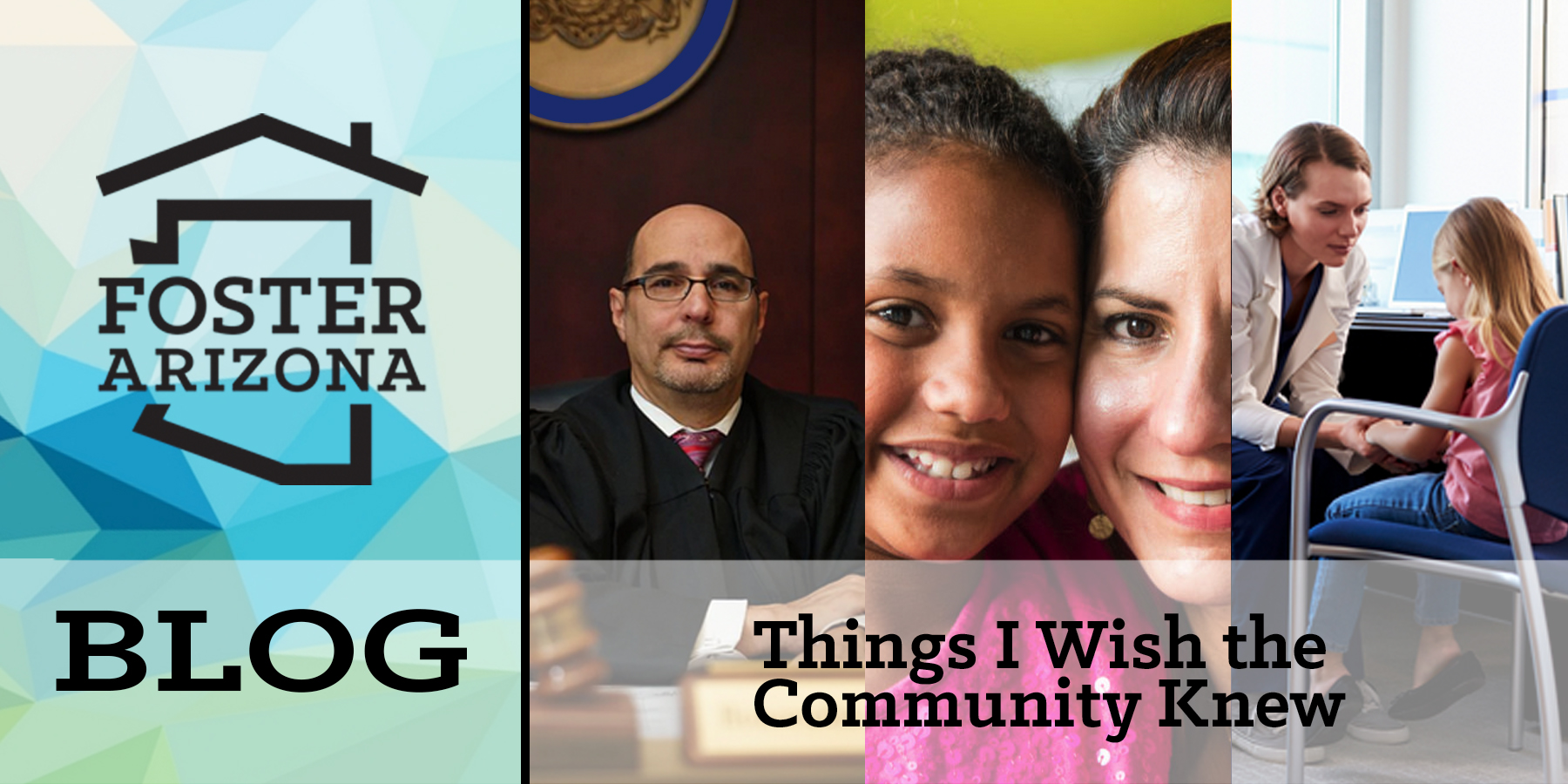The “things” I wish our community knew regarding the well-being of Arizona’s most vulnerable children, are things I knew very little about until just a few years ago.
In July 2012, I was a relatively new superior court judge and I was about to begin a 3-year stint in juvenile court. I knew that in this position I would be presiding over “dependency” cases. A dependency case is initiated when the Department of Child Safety removes a child from the care of their parents due to allegations of abuse or neglect. Other than knowing that these were the matters I would be dealing with in my new assignment, I really wasn’t aware of the facts and circumstances that caused these kids to be removed from their parents.
However, during my first few months on the juvenile court bench I received a quick education about the reality that thousands of Arizona kids are forced to confront on a daily basis. In the vast majority of the cases I dealt with, the parents were in the grips of a substance abuse addiction and/or an untreated mental illness condition that rendered them unable to appropriately parent their child. As a result of the parents’ inability to properly care for their children, a host of problems would invariably begin to manifest with their kids. The kids in my cases suffered from a wide range of both mental and physical difficulties, such as, substance exposure at birth, post-traumatic stress disorder, behavioral disorders and physical disabilities, just to name a few. It was only when I began working in the child welfare system that I was forced to confront the fact that thousands of Arizona’s children live in these adverse and often dangerous conditions.
And while some of these kids were fortunate enough to be placed with foster families, existing families who decided to take on the immense responsibility of caring for and loving the children unfortunately caught in these calamitous circumstances, I quickly discovered there were not nearly enough foster families to take in all the kids that found themselves in these dire straits.
The fact that there is a shortage of foster families in Arizona is tragic because the children caught in these circumstances adapt much better and begin to thrive and heal quicker when placed in an established, loving and welcoming family. I know this because I was privileged to personally witness this healing in many of my cases. The kids that I met in the initial stages of their cases were often hurt and broken by the actions of their parents. But as their cases progressed, and if the children were lucky enough to be placed with a foster family, I would frequently witness a recovery and growth in these kids that was brought about in large part due to the loving environment created by the foster family.
My time as a juvenile court judge was one of the most rewarding periods in my life, however, my experiences in that setting exposed me to a reality that I simply didn’t know existed. And if I could share a couple of things from my experiences in juvenile court with the public, it would be the following. First, I want our community to know that there is an on-going child safety crisis in Arizona that affects thousands of children on a daily basis. Second, I’d like my fellow citizens to know that one of the best ways to ensure that the most vulnerable kids in our midst have hope and a future is to involve themselves in this crisis, and if possible be a part of a foster family, and change a life.
James P. Beene
Justice, Arizona Supreme Court
